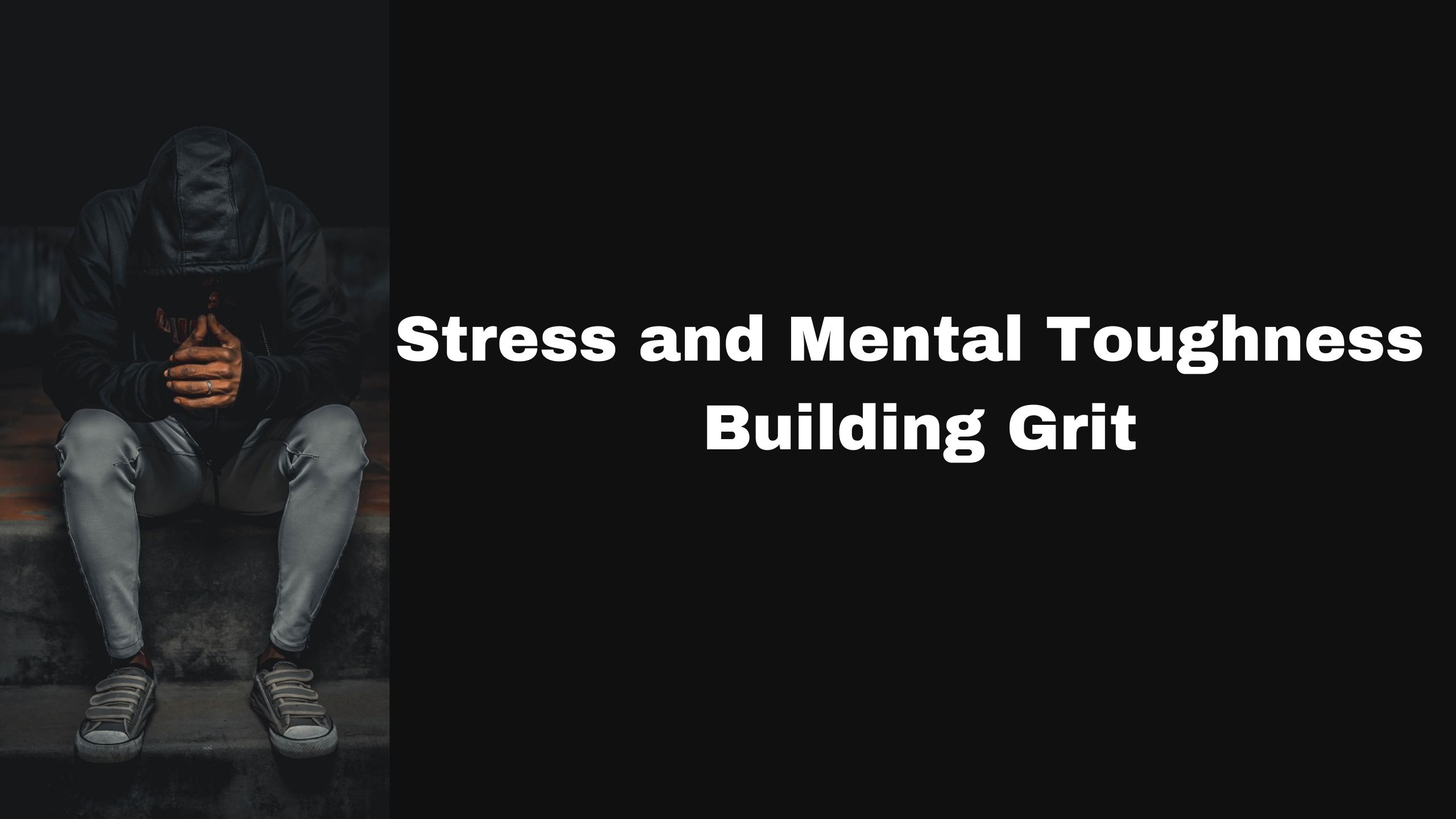Stress and Mental Toughness: Building Grit
Stress is an inherent part of life, and our ability to navigate it effectively often hinges on our mental toughness.
Mental toughness, often referred to as grit, is the resilience and determination to persevere in the face of adversity.
Developing mental toughness is not only a way to cope with stress but also a means to thrive and excel in challenging situations. In this article, we will explore the connection between stress and mental toughness and provide strategies to build grit.
Understanding Mental Toughness
Mental toughness is not about suppressing emotions or ignoring stress. Instead, it’s about acknowledging these challenges and having the resilience to confront and overcome them. People with high levels of mental toughness tend to exhibit the following traits:
Resilience: They bounce back quickly from setbacks and failures.
Determination: They have a strong sense of purpose and are willing to work hard to achieve their goals.
Optimism: They maintain a positive outlook, even in the face of adversity.
Adaptability: They are flexible and can adjust to changing circumstances.
Focus: They remain concentrated on their objectives, even when distractions and stressors abound.
Self-Discipline: They can regulate their emotions and impulses, enabling them to make rational decisions under pressure.
The Stress-Mental Toughness Connection
Stress can be a catalyst for developing mental toughness. When managed effectively, stress can challenge individuals to grow and adapt, ultimately leading to greater mental resilience. Here’s how the stress-mental toughness connection works:
Challenging the Comfort Zone: Stress often pushes individuals beyond their comfort zones, forcing them to confront unfamiliar situations. This can lead to personal growth and a greater sense of self-efficacy.
Building Resilience: Overcoming stressors can enhance an individual’s ability to bounce back from future challenges, strengthening their mental toughness.
Learning from Failure: Stressful situations often involve setbacks and failures. Mental toughness allows individuals to learn from these experiences and use them as stepping stones toward success.
Strategies for Building Mental Toughness
Set Meaningful Goals: Identify clear and meaningful goals that can motivate and drive you through challenging times.
Develop a Growth Mindset: Embrace challenges as opportunities for growth rather than as threats. Cultivate a belief that you can improve your abilities through effort and learning.
Embrace Discomfort: Seek out situations that take you out of your comfort zone. Whether it’s public speaking, trying a new skill, or taking on a challenging project, facing discomfort can build mental toughness.
Practice Self-Compassion: Be kind to yourself during stressful times. Treat yourself with the same kindness and understanding that you would offer to a friend.
Visualize Success: Use visualization techniques to mentally prepare for challenges and envision successful outcomes.
Develop Resilience through Physical Fitness: Engage in regular physical exercise to build physical resilience, which often translates into mental toughness.
Seek Support and Guidance: Lean on mentors, coaches, or therapists who can provide guidance and support as you work on building mental toughness.
Conclusion
Stress is an inevitable part of life, but it doesn’t have to overwhelm you. By developing mental toughness or grit, you can confront and conquer stressors, challenges, and setbacks with resilience and determination.
Remember that mental toughness is a skill that can be cultivated and strengthened over time. Embrace stress as an opportunity for personal growth, set meaningful goals, and use adversity as a stepping stone to success.
Building mental toughness not only helps you cope with stress but also empowers you to thrive and excel in the face of life’s challenges.

